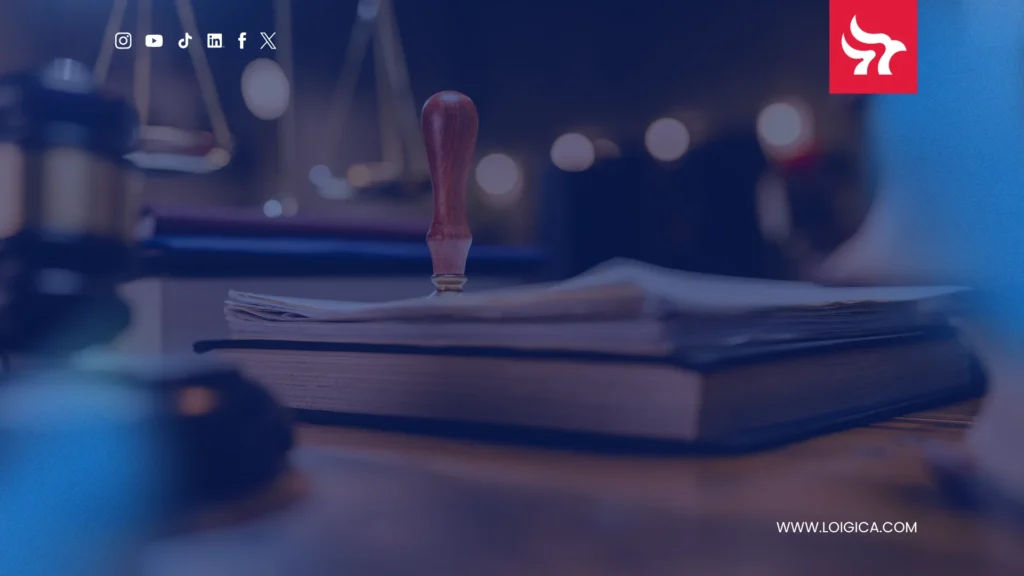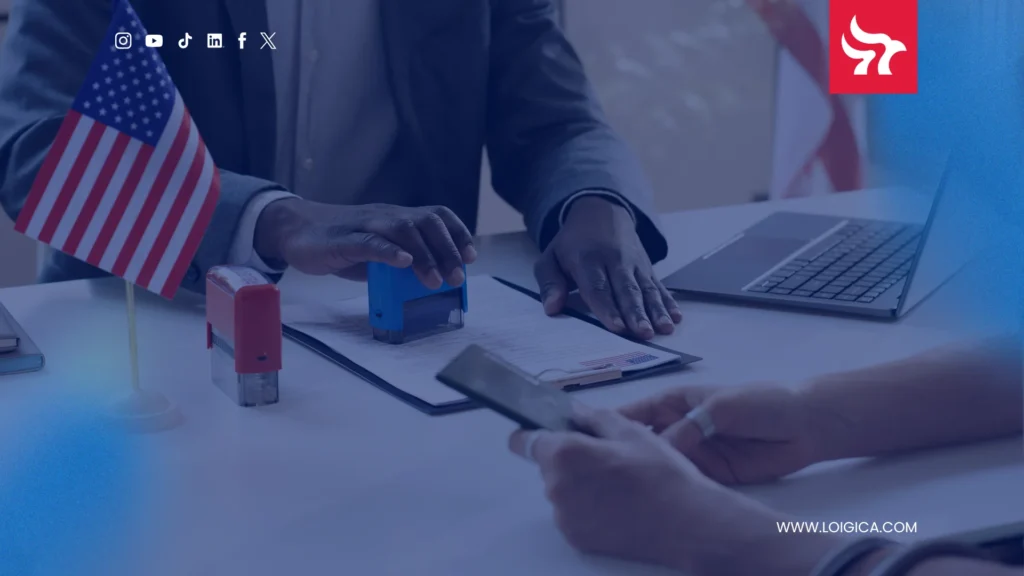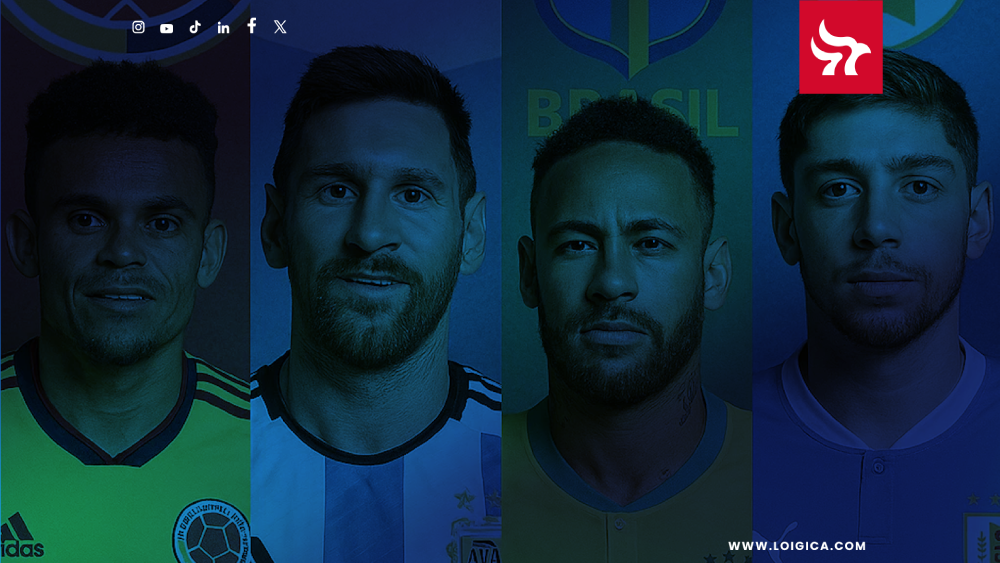The 2026 FIFA World Cup will ignite the emotions of the entire planet. For the first time it will be hosted jointly by the United States, Mexico, and Canada, and it is expected that more than 5 million international fans will fill stadiums, streets, and airports in the United States alone. The projected economic impact is as impressive as a goal from midfield: about 11 billion dollars in direct spending and up to 17 billion dollars in total GDP growth. Cities such as Los Angeles foresee close to 600 million dollars in new income, while the San Francisco Bay Area estimates between 370 and 630 million dollars from the six matches to be played there.
Behind every pass, training session, and autograph signing there is a legal component that, if neglected, can sideline any sports professional. For a footballer, a coach, or a member of the technical staff, the visa is the true locker-room pass. Without it there is no World Cup, no preparatory matches, and no sponsorship agreements.
From a dream on the field to immigration paperwork
Imagine a forward called up by his national team to play in North America. His talent is undeniable, but to turn that talent into action on the field he needs the right visa. Three main options stand out.
The P-1A visa is the most common for professional footballers and elite teams. It is designed for athletes who compete at an international level. The key requirement is to prove such recognition: contracts with clubs or federations, a record of matches in major tournaments, and coverage in sports media. The P-1A allows a stay that covers the entire competition and can be extended if the calendar demands it. It also covers essential support staff such as coaches, trainers, and physical therapists.
A second path, more demanding but also more versatile, is the O-1 visa. This category is reserved for those with extraordinary ability, that is, athletes who rank among the top ten percent in their sport. Applicants must present strong evidence such as international awards, outstanding records, specialized media coverage, and expert recommendations. Its flexibility makes it ideal for athletes who, beyond playing in the World Cup, plan additional activities in the United States such as exclusive training or commercial appearances.
Finally, for athletes who think beyond the tournament, the EB-1A visa opens the door to permanent residence. It requires proof of a world-class career but allows the professional to establish a long-term presence in the United States, continue playing in local leagues, or create sports academies and businesses.
The clock is already ticking
The process for any of these visas requires careful planning. Applications, supporting letters, contracts, and evidence must be prepared months in advance. As 2026 approaches, the demand for sports visas will grow and processing times will stretch, like a match heading into tense extra time.
The World Cup is much more than ninety minutes of play. It is an immense economic stage: sponsorship deals, media tours, sports clinics, and brand agreements thrive around it. Athletes who have their immigration status in order will be ready to seize every opportunity, from a new signing to an advertising collaboration.
Play with strategy
The excitement of wearing the national jersey or signing with a top club is incomparable, but intense training alone is not enough. Having a specialized legal team is as important as having a trusted coach. At Loigica we guide athletes, representatives, and clubs through every stage, from selecting the right visa to preparing the evidence and tracking the petition.
If your goal is to be part of the 2026 World Cup, the time to act is now. Let your immigration strategy progress alongside your sports preparation so that when the whistle blows, your only concern is celebrating each goal.
Don’t let paperwork keep you off the field. Get in touch with LOIGICA and secure the sports visa that will take you to the 2026 World Cup.
📩 marketing@loigica.com | 🌐 www.loigica.com
This blog was written with asistance of generative AI. It is provided for informational purposes only. It does not constitute legal advice. The information presented here is based on general principles of U. S. immigration laws, as well as general information available for public search on public matters, as of the date of publication. Immigration laws and regulations are subject to change and individual circumstances may vary. If you need expert counceling on immigration matters, contact one of our attorneys.

What Is a Writ of Mandamus – How It Helps When USCIS Delays Your Case?

What Is EAD — And Why Owning an LLC Doesn’t Mean You Can Work in the U.S.


